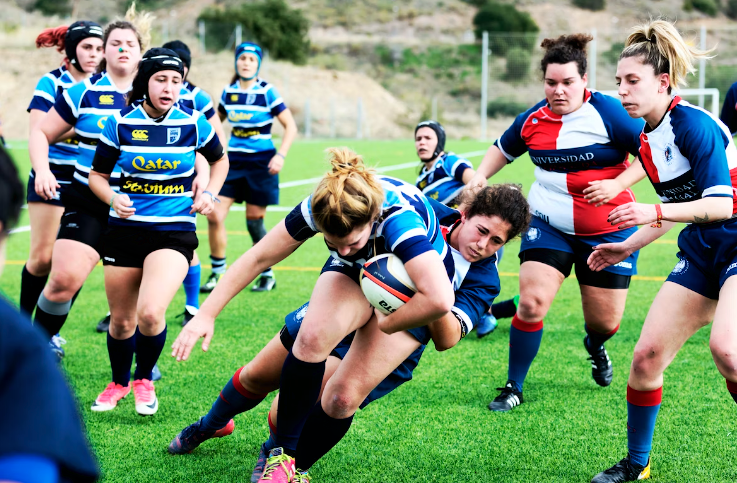CTE Diagnosed in Female Athlete for First Time
On Monday, researchers at the Australian Sports Brain Bank announced the world's first diagnosis of chronic traumatic encephalopathy (CTE) in a female athlete.

Facts
- On Monday, researchers at the Australian Sports Brain Bank announced the world's first diagnosis of chronic traumatic encephalopathy (CTE) in a female athlete.1
- Former Australian Football League player Heather Anderson, who died by suicide at 28 years old last November, has been diagnosed with having had low-stage CTE — a degenerative brain disease linked to concussions — as well as three lesions in her brain.2
- The researchers say Anderson had no history of alcohol or non-prescription drug abuse and had never shown any indication of depression. However, she did suffer one diagnosed concussion in the months leading up to her death.3
- The findings, published in the Springer Medical Journal, reveal that Anderson — who also served as a medic in the Australian Defence Force — had "multiple CTE lesions as well as abnormalities nearly everywhere" in her cortex.4
- Research on degenerative brain diseases linked to contact sports is usually done on male athletes. The diagnosis of Anderson's disease was made possible after her family donated her brain to the Australian Sports Brain Bank to better understand why she died.5
- CTE — which is reportedly incurable and can only be diagnosed post-mortem — can cause memory loss, depression, and violent mood swings in athletes, combat veterans, and people who suffer repeated traumatic head injuries.6
Sources: 1Washington Post, 2CBS, 3CBC, 4Reuters, 5BBC News, and 6Associated Press.
Narratives
- Narrative A, as provided by Time. Anderson's diagnosis is just the tip of the iceberg and should be a wake-up call for every woman playing popular contact sports. Sporting bodies worldwide must also improve concussion protocols to protect their players and minimize or avoid traumatic brain injuries. While CTE may be incurable, lives can be saved by introducing strategies and policies to make contact sports safer in general.
- Narrative B, as provided by SBS News. Now that the evidence strongly suggests female athletes are more likely to suffer from concussions than their male counterparts, paying attention to risks inherent in contact sports is imperative. Women's neck strength differs from men's, so enduring constant impacts leads to a higher chance of long-term cognitive impairment. Women should strongly consider restricting participation in high-risk sports altogether given the medical evidence.






